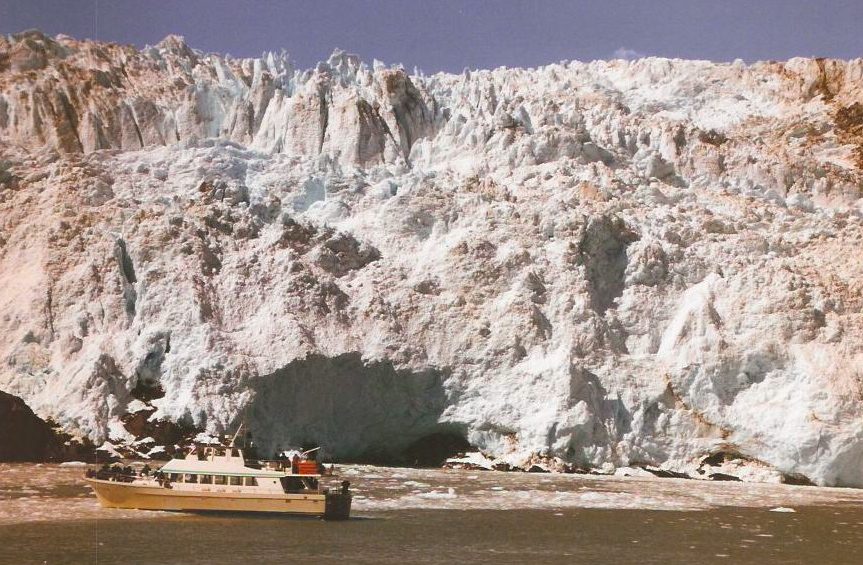MENGKE GLACIER, China — Over the years, Qin Xiang and his fellow scientists at a high and lonely research station in the Qilian Mountains of…

A recalculation of the dates at which boulders were uncovered by melting glaciers at the end of the last Ice Age has conclusively shown that…

The 21st century has already seen a record-smashing decline in the world's glaciers, which are melting at up to three times the rate of the…
With continued temperature rise, glacier volume in the Everest region could be reduced between 70% and 99% by 2100. If greenhouse-gas (GHG) emissions continue to…

By, Thomas Sumner April 6, 2015 Science News The Great White North may lose its glaciers faster than previously thought. A detailed physics simulation…

Peru’s Quelccaya Ice Cap (alt. 17,950 ft.), the world’s largest tropical ice cap, will likely lose another 400-600 feet of ice before the final presidential…

